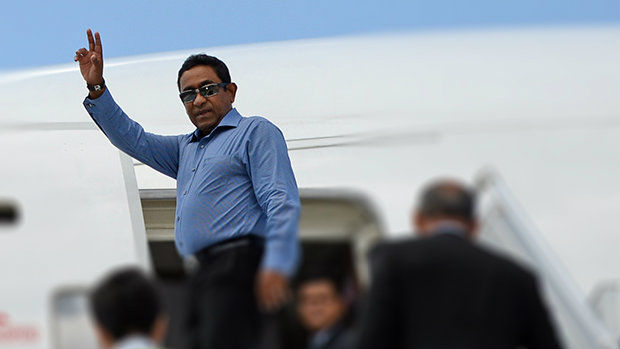Drawing the wrong lessons from Singapore
President Yameen and his cabinet tout Singapore as a development model for the Maldives. They admire its combination of prosperity and one-party rule. But if they conclude authoritarianism is behind Singapore’s success, they are drawing the wrong lesson, writes Hawwa Kareem

16 Aug 2015, 09:00
The following article is by Hawwa Kareem, a political science student
When the Maldives and Singapore gained independence in 1965, both countries faced similar challenges. Both were small and lacked natural resources. Singapore had it worse. It was plagued by high unemployment, urban slums, congested roads, pollution, and lack of water. Its very survival seemed uncertain after being expelled from a federation with Malaysia. But today, it is one of the world’s greatest economic success stories.
President Abdulla Yameen and his cabinet tout Singapore as a development model for the Maldives. But is Yameen’s Progressive Party of the Maldives (PPM) drawing the right lessons from Singapore?
Under Yameen, the Maldives is heading towards one-party rule, similar to that in Singapore. The PPM, through its majority in the parliament, has stacked the state’s independent institutions, destroyed decentralization and brought the judiciary under its fist. The opposition appears to have been silenced; its leaders are under house arrest, in jail or in exile. Ruling party officials, in public and in private, have said that western style democracy is unsuited for the Maldives. They speak admiringly of Singapore’s combination of prosperity and one-party rule. However, if Yameen and the PPM conclude that Singapore proves authoritarianism works, they are drawing the wrong lesson.
Become a member
Get full access to our archive and personalise your experience.
Already a member?
Discussion
No comments yet. Be the first to share your thoughts!
No comments yet. Be the first to join the conversation!
Join the Conversation
Sign in to share your thoughts under an alias and take part in the discussion. Independent journalism thrives on open, respectful debate — your voice matters.




